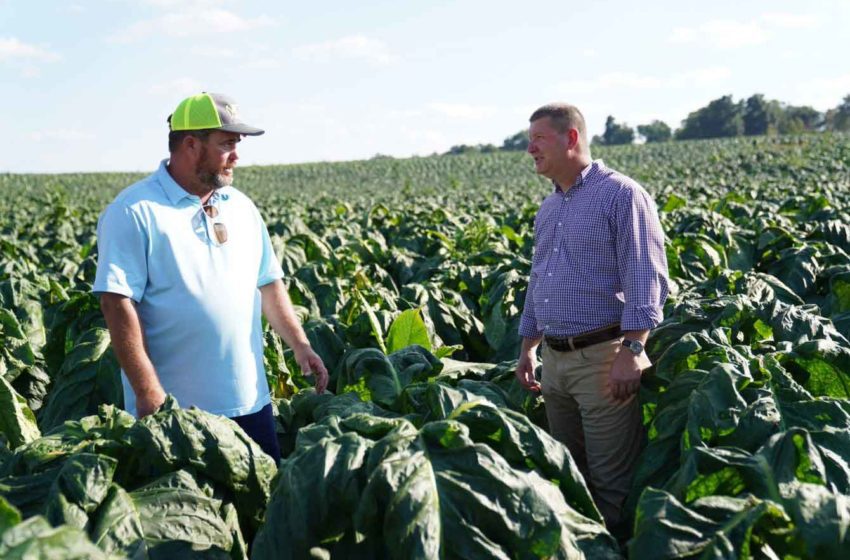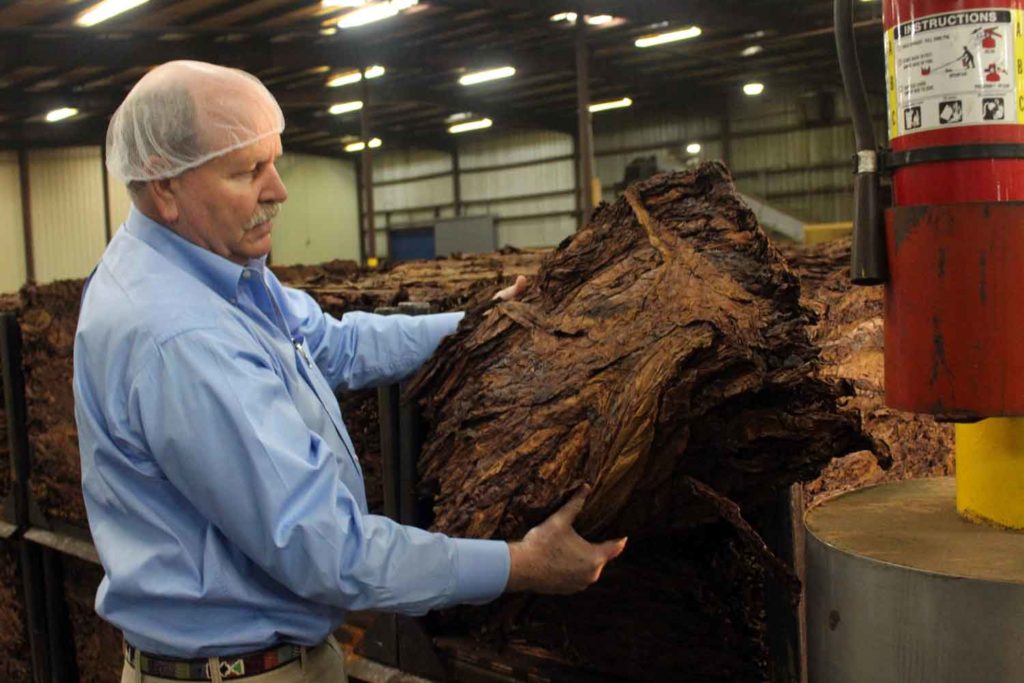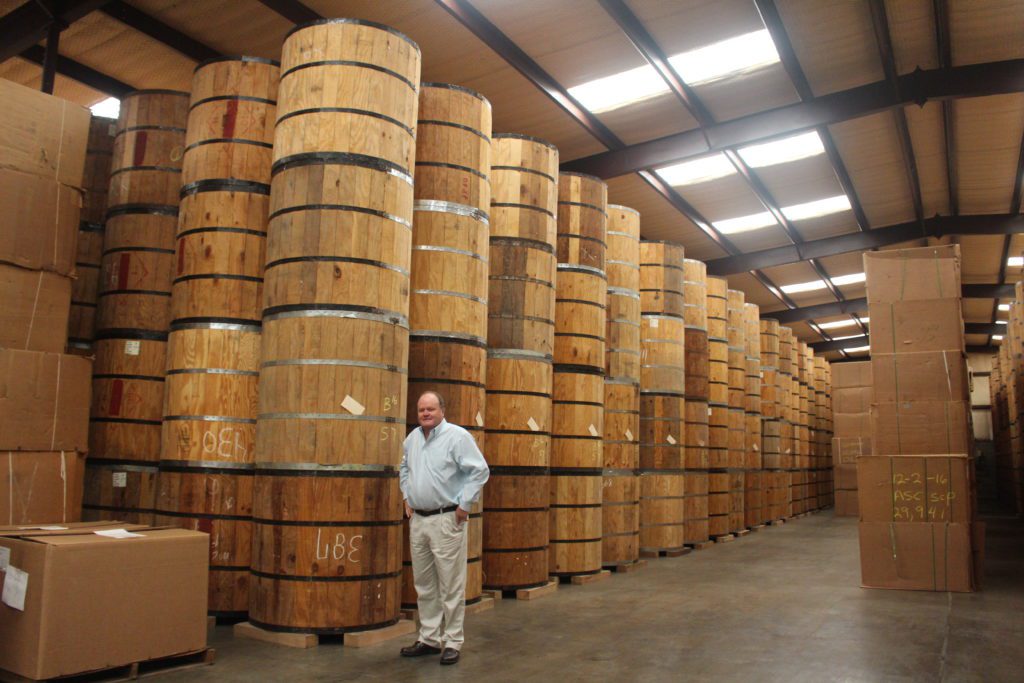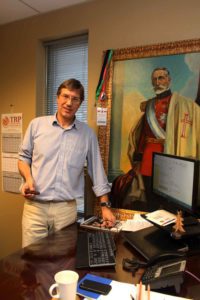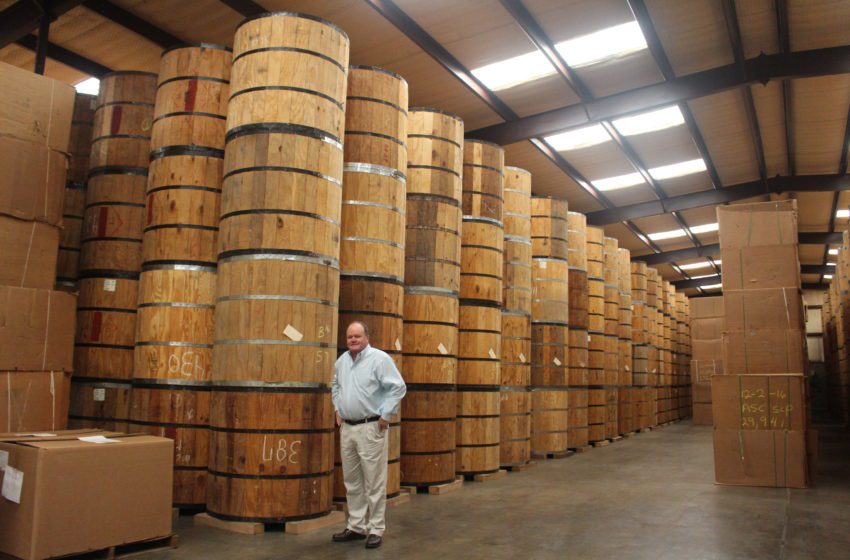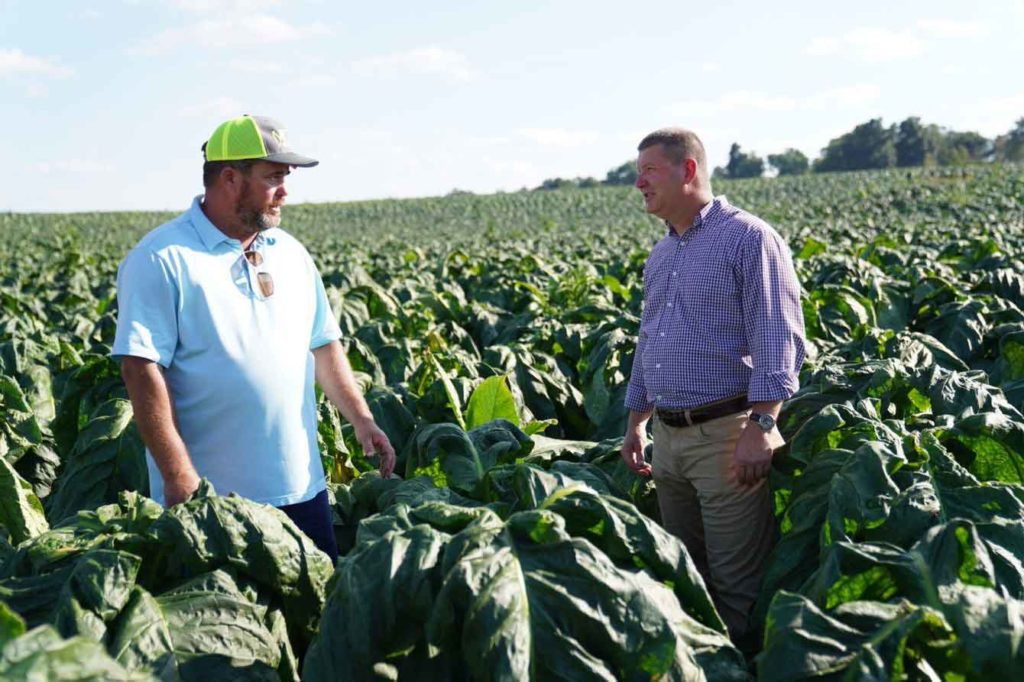
(Photos courtesy of Hail and Cotton)
Thanks to its agility and relentless focus on personal service, Hail & Cotton remains in excellent shape even after a century in business.
By Stefanie Rossel
In our fast-moving age, few companies can claim to have reached a century. Tobacco merchant Hail & Cotton International Group (HC) is a prominent member of this exclusive club. A lot has changed since the days when E. A. Hail and M. R. Cotton started the company in Louisville, Kentucky, USA.
“Their focus was on [the] dark fired and dark air-cured tobaccos that were grown in Western Kentucky and Northern Middle Tennessee,” relates Chris Cooksey, president of the company’s North America operations. “They were buying their tobaccos directly from growers and grower associations and then processing and selling it on to European manufacturers for cigarette and cigar consumption. As the European market grew, so did Hail & Cotton, going on to become the largest leaf dealer of U.S. dark fired tobacco. We think Mr. Hail and Mr. Cotton would be very proud that Hail & Cotton not only remains in existence but [also] with the company’s impressive growth and continued tradition of excellence.”
Today, HC has fully integrated operations and sourcing capabilities from 20 different countries—including all the world’s major tobacco producing countries—on five continents. “This means not only has our reach greatly expanded but so has our product offering,” says Andy Spies, president of international operations.
Today, HC’s product portfolio is highly diverse: Various dark air-cured types and dark fire-cured tobaccos are still on offer, but they have been complemented by flue-cured, burley and oriental tobaccos for applications in cigarettes, pipes, cigars, chewing tobacco, moist snuff, snus, roll-your-own and water pipes.
“We pride ourselves on the wide variety of quality tobaccos we offer, but we also take great pleasure in offering other value-added services such as fermentation, sweating, blending, cut rag and long-term third-party dry storage services,” says Spies. “Besides our growth, but not unique to HC or the tobacco industry, the modern business environment has transformed dramatically over the last 100 years. No longer is a business trip to another continent a long journey over the ocean by ship or are sales conducted merely on a handshake. The whole world is a different place in terms of communications, transport, governance, finance, regulation, etc. We have all therefore been forced to change, and HC will continue to adapt and transform ourselves so we remain up to date and relevant in this changing, dynamic yet still great industry.”
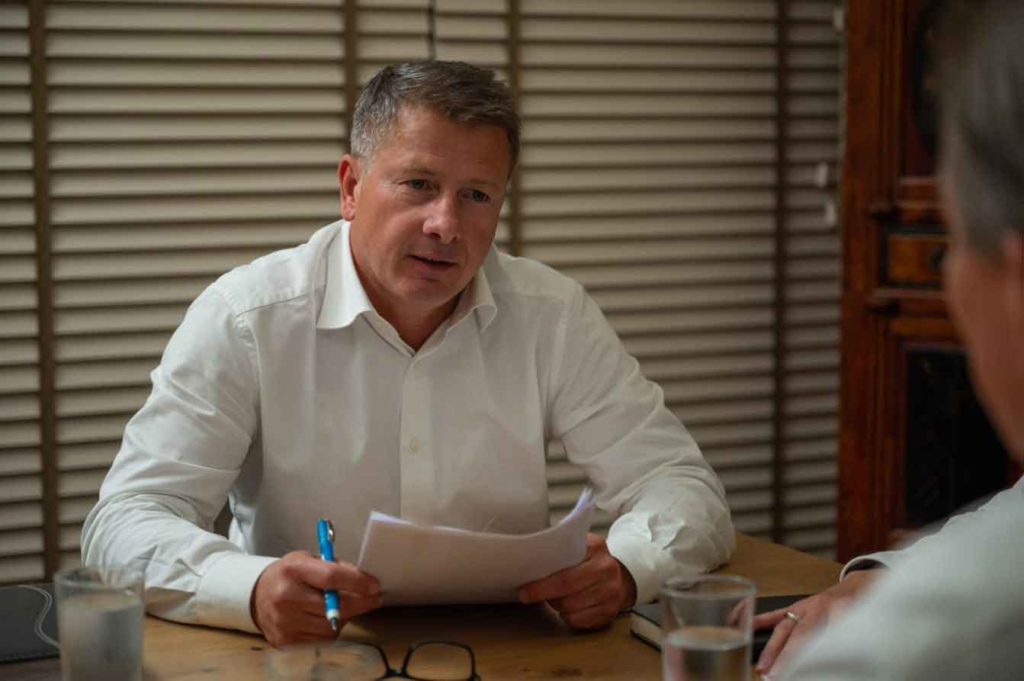
Unique Management Structure
Since 1999, Hail & Cotton has been part of U.S.-based Luckett Holdings (formerly Luckett Tobaccos). Following the takeover, Hail & Cotton consolidated its operations by relocating its threshing facility and corporate headquarters to Springfield, Tennessee. Since then, the company has constantly modernized its processing facilities and built or acquired industrial properties to accommodate customer requirements for receiving, purchasing, processing and packed storage of tobaccos of U.S. and other origins.
More than a decade ago, a merger greatly expanded Hail & Cotton’s reach. In 2011, the company acquired CdF International Group—which in turn had emerged from the combination of Spanish leaf merchant Compania General de Tabacos de Filipinas with Netherlands-based Lippoel Leaf in 2007. Today, the company also has joint equity partnerships with CTA in Brazil and BHC in Zimbabwe. Together, they service a customer base of approximately 350 all over the world.
For many years, HC has been contracting directly with most of its farmers, depending on origin. The company has nearly 30,000 growers in its operations around the world. “Tobacco growers in all parts of the world face different challenges each year,” says Eric van der Linden, president of dark air-cured operations. “In countries where we contract tobacco, our agronomy teams work with our growers to help improve farming practices that not only improve yields but also aim to protect the resources that are important to sustaining their farms for future generations. We also participate in various industry organizations and undertake several country-specific projects and initiatives aimed at preserving the environment and enhancing our farmers’ sustainability and livelihoods.”
The company stands out not only because of its long tradition and diverse product range but also because of the way it is managed: In contrast to other businesses, which are often led by one person, HC has three presidents with each of them heading one division. “Indeed, this is unique, but to us, it makes a lot of sense,” says Cooksey. “Our three divisions are very different not only in geography and product offering but also in dynamics. This model enables us to exercise our unique traits and expertise in different types of tobacco and countries that benefit our customers when they are looking at new projects for different products. When you work with a group that has no politics and all [are] pulling in the same direction with the same goals and passion that you [have], it is an incredible and very rewarding experience. We can count on each other without any reservation. This same tone runs throughout the company and generates an extremely powerful teamworking and united culture. The synergies we provide for each division continue to strengthen our company, enhance our products and increase our growth. It has also allowed us to build a great network and develop good friendships with our colleagues from different parts of the world. It is what sets our company apart from others.”
Trialing Times
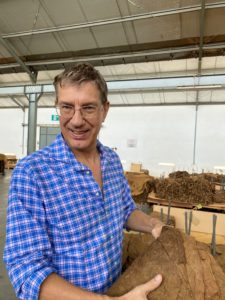
Each of the three presidents has more than 30 years of industry experience—a long time during which the leaf sector has seen significant changes, among them the phasing out of tobacco subsidies, increasing restrictions for tobacco products, the financial crisis of 2008 and a continuous decrease in global cigarette consumption.
“You can also add regulation, legislation, anti-tobacco lobbies, increased competition, competing products and increased stakeholder expectations on environmental social governance (ESG),” comments Spies. “Declining consumption and consolidations are, however, probably the biggest challenges. Declining consumption is set to continue, and it makes it difficult not only for leaf dealers to plan but for our customers as well. When you factor in a decline in manufacturers of tobacco products due to consolidations and mergers, it adds another layer of complexity. Despite these challenges, HC has continued to grow each year over the past 10 years and is determined to continue this trajectory. Challenges and change and how a company responds to them is what builds a stronger company, and HC is stronger today than it has ever been.”
The Covid-19 pandemic has brought with it new challenges for companies worldwide, such as a container shortage, rising shipping costs and extended delivery times. HC has not been exempt from the issues brought on by the virus, according to van der Linden. “From labor shortages to shipping delays and everything in between, it has been a challenge,” he says. “We took as many steps as possible, such as positioning tobacco in strategic locations closer to ports to be able to move when possible. We do not believe there is one strategy that we have implemented that sticks out. What does stand out is our positive attitude and perseverance in maintaining a steady supply of product to our customers.”
Fit for the Future
Taken together, the challenges of the past years have actually been positive for the company, according to Cooksey. “We have greatly expanded our footprint and our client portfolio. Thus far, we have continued to experience growth in a declining industry. This is a testament to our employees’ passion, knowledge, experience and teamworking culture. We are fortunate to have so many people in this company who care about what they do and how they do it.”
Fresh blood in the team is welcome—the company is currently seeking to attract new talent, Cooksey explains. “We think we provide a few uniquely positive things: Young people get excellent training; they gain experience and are then held accountable earlier than, say, in a bigger, multinational company. We run a flat reporting structure, and we promote a culture that demands mutual respect and teamwork. We all work very hard, but we also like to still have fun, and we think that goes a long way in your job and career.”
To make the company fit for the next 100 years, HC is working with an international consultancy to effectively address and tackle ESG in the future. “HC fully recognizes the importance of ensuring that we understand our impact on the environment and human rights,” says Spies. “The issues facing the tobacco industry are not unlike those facing other agricultural businesses globally—such as ensuring that the potential and actual impacts to people and environment in the supply chain are understood and addressed in order to operate responsibly.”
In terms of size, Mr. Hail and Mr. Cotton may not recognize their company today—but they would definitely recognize the way in which it is run: still focused on its service to the customer and the grower, adaptable to the ever-changing industry and committed to growth. The founders would have been pleased to see that HC is well prepared for the future and will continue to play an important role in the tobacco industry.


